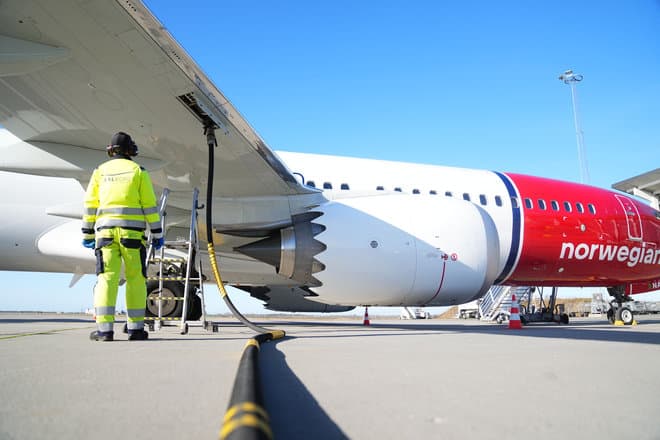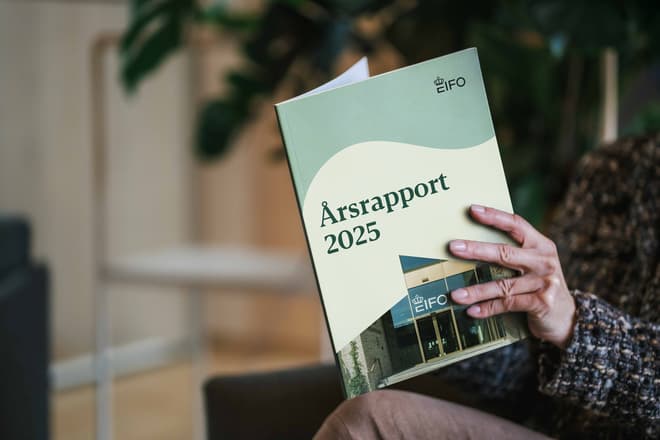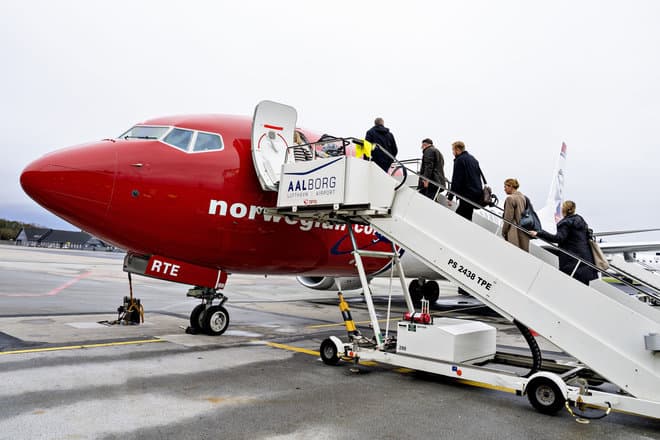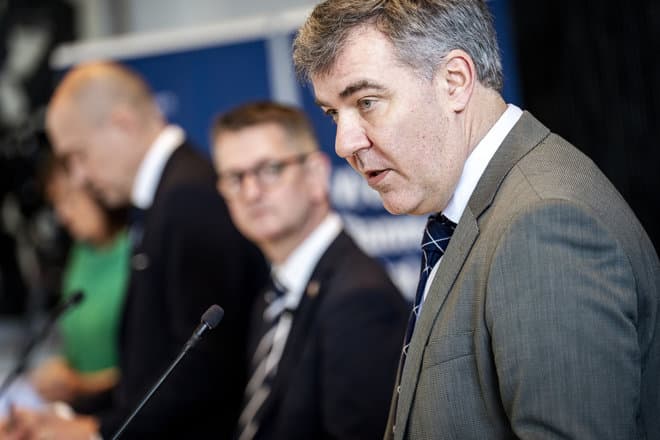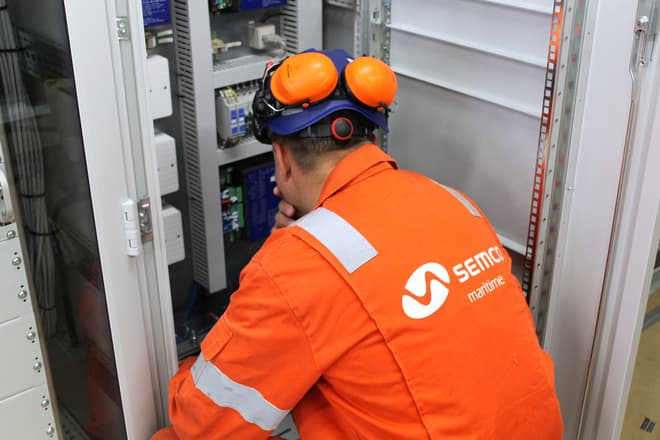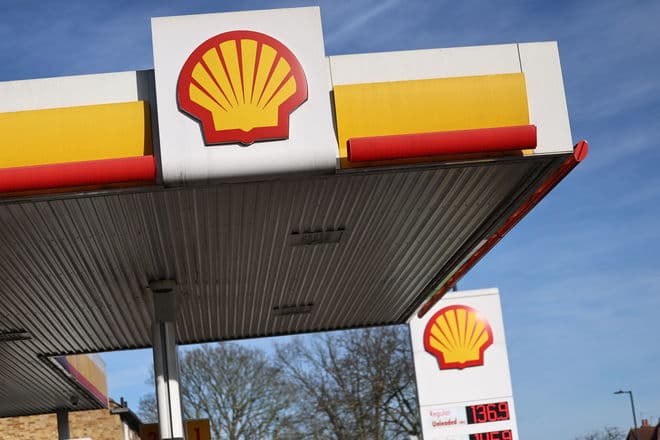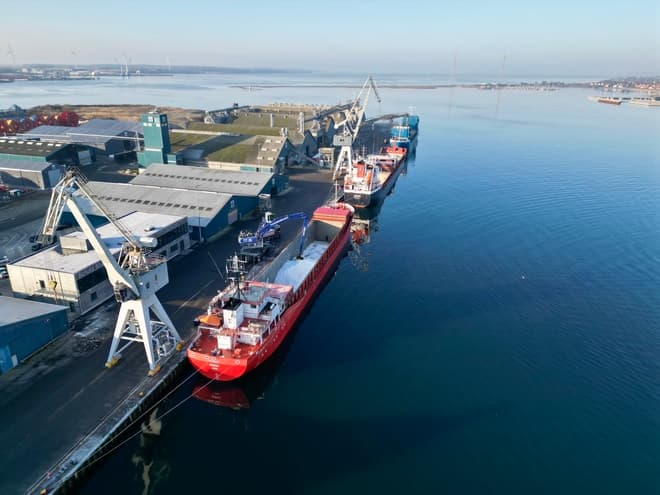Russia will now only accept payments for gas from "unfriendly countries" in rubles, President Vladimir Putin said during a televised government meeting on Wednesday. The ruble is the Russian currency, which has been in free fall since Russia's invasion of Ukraine.
The "unfriendly countries" include the entire EU, which is heavily dependent on Russian gas. The Russian move comes as a result of Western sanctions against the country following the invasion of Ukraine. Immediately after Putin's announcement, the ruble strengthened against the dollar and the euro, while gas prices rose. Putin stressed that Russia will continue to meet its obligations to supply gas. He has ordered Russia's central bank to put the new payment system in place within a week.
- The changes will only affect the currency of payment, which will be changed to Russian rubles, Putin says.
Will strengthen the ruble
Putin's demand for payment in rubles is probably an attempt to strengthen the ruble, which has been badly hit during the war. Russia's Deputy Prime Minister, Aleksandr Novak, said on Wednesday that a switch to requiring payment in the national currency would "increase reliability".
Analysts also see the move as an attempt to strengthen the ruble. It could get a boost if, for example, EU countries have to pay in the Russian currency. However, there is no way around that. Several EU countries believe that Russia's demands are a breach of the contract.
German Economy Minister Robert Habeck says that Germany will discuss with European partners how to respond to the Russian announcement.
The United States has banned imports of Russian gas and oil. But the EU has continued to receive energy from Russia while the war has been going on. This is because the EU is increasingly dependent on Russian energy sources. Around 40 percent of the EU's gas consumption in 2021 came from Russia.
Ritzau / Reuters
Text, graphics, images, sound, and other content on this website are protected under copyright law. DK Medier reserves all rights to the content, including the right to exploit the content for the purpose of text and data mining, cf. Section 11b of the Copyright Act and Article 4 of the DSM Directive.
Customers with IP agreements/major customer agreements may only share Danish Offshore Industry articles internally for the purpose of handling specific cases. Sharing in connection with specific cases refers to journaling, archiving, or similar uses.
Customers with a personal subscription/login may not share Danish Offshore Industry articles with individuals who do not themselves have a personal subscription to Danish Offshore Industry.
Any deviation from the above requires written consent from DK Medier.

